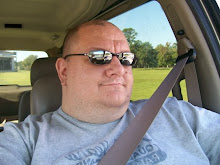Gene Controlling Circadian Rhythms May Be Involved In Onset Of Bipolar Disorder
Gene Controlling Circadian Rhythms May Be Involved In Onset Of Bipolar Disorder
Basically the "Clock gene" (the gene that regulates sleep) appears to be intimately involved in bipolar syndrome. Both Lithium and the gene's protein given to mice exhibiting manic behavior returned to normal behavior. So for all you bi polars out there who have a sleep disorder ( like me ) the two are apparently related.

